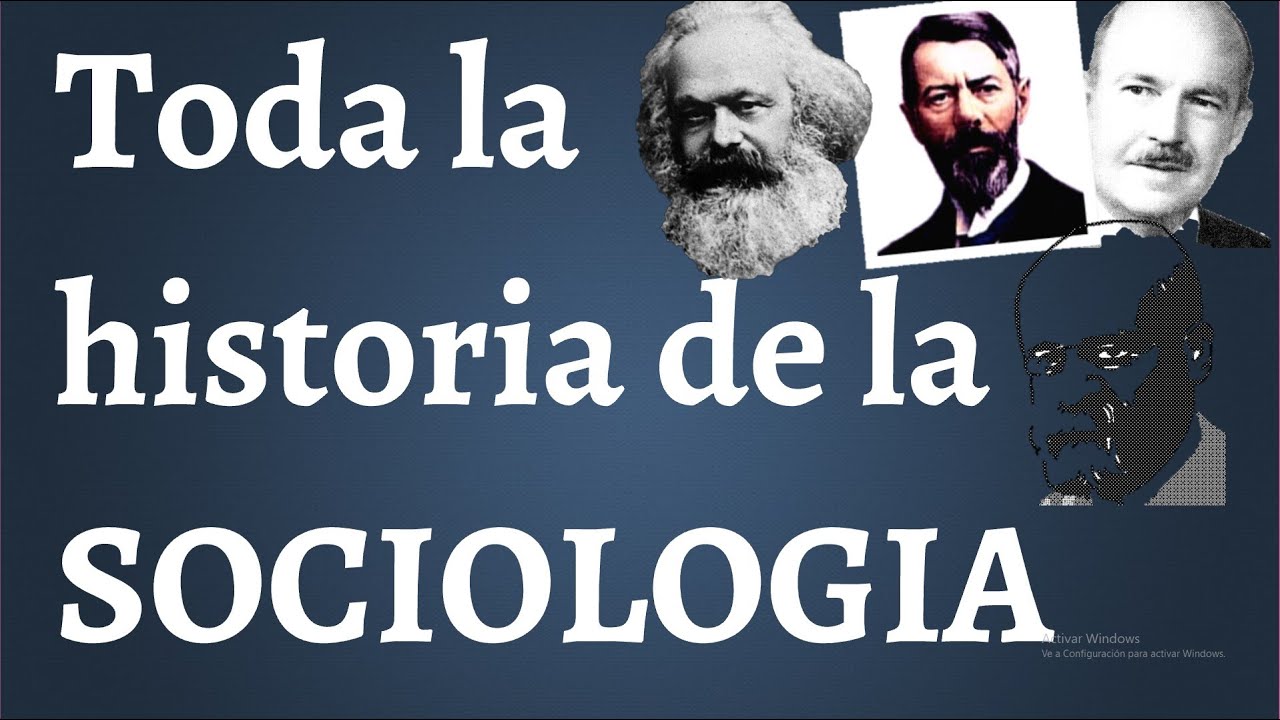¿Qué es la teoría clásica de la administración? Autores y características
Summary
TLDRThe script delves into the classical theory of administration, highlighting its origins in the late 19th century and detailing its focus on optimizing operations and increasing productivity. It outlines the theory's principles, including centralization, division of labor, and scalar chain, and acknowledges its limitations, such as ignoring human behavior and assuming a closed system. The script also introduces key figures like Frederick Taylor, Henri Fayol, and Max Weber, who contributed to the development of scientific management, administrative management, and bureaucratic administration, respectively.
Takeaways
- 📚 The classical theory of administration emerged in the late 19th century and emphasized the organization over the employees, viewing the enterprise as a machine with workers as its components.
- 🛠️ It aimed to optimize operations, increase productivity, and improve factory outcomes, which is still relevant for small manufacturing businesses today.
- 🔍 The theory began to decline after the rise of human relations thinking, which sought to better understand human motivation for productivity.
- 🏭 The need for a formal theory of administration grew from the industrial revolution, focusing on efficiency and large-scale organizational management.
- 🤔 Key thinkers like Frederick Taylor, Henry Fayol, and Max Weber contributed to the development of scientific management, administrative management, and bureaucratic administration theories.
- 📝 Fayol's 14 principles of management are highlighted, emphasizing universal application across various organizational types, functions, and sizes.
- 🔑 The classical theory is characterized by interrelated functions such as planning, organization, coordination, direction, and control within a centralized leadership structure.
- 👷♂️ Division of labor is a cornerstone principle, promoting specialization and efficiency by clearly defining each employee's duties.
- 📈 The scalar process from Taylor's scientific management establishes a hierarchy of command and responsibility, facilitating clear delegation and communication.
- 💰 The theory assumes that employees are primarily motivated by monetary incentives, influencing organizational practices related to rewards and recognition.
- 📉 However, the classical theory has its drawbacks, such as focusing too much on hierarchical structures and ignoring human behavior, which can lead to stress and limit creativity and new ideas.
Q & A
What is the classical theory of administration?
-The classical theory of administration is a set of similar ideas about the management of organizations developed in the late 19th century and gaining prominence in the early 20th century. It emphasizes the organization over the employees and views the enterprise as a machine with workers as its components.
What was the primary purpose of the classical theory of administration?
-The classical theory was designed to optimize operations, increase productivity, and improve the outcomes of factories, particularly in manufacturing settings where high productivity was essential.
How did the classical theory of administration view employees?
-In the classical theory, employees were seen as components or parts of the organizational machine, with a focus on their roles in contributing to the efficiency and productivity of the organization.
What are the three main streams of thought that developed the classical theory of administration?
-The three main streams are bureaucracy (Max Weber), administrative management (Henri Fayol), and scientific management (Frederick Taylor), each contributing different aspects to the overall classical theory.
Who are some representative figures of the classical theory of administration?
-Key figures include Frederick Taylor, known for scientific management; Henri Fayol, known for his 14 principles of administrative management; and Max Weber, known for his theory of bureaucracy.
What are the five functions of the classical theory of administration according to Henri Fayol?
-The five functions are planning, organizing, commanding, coordinating, and controlling. These functions are interrelated and interdependent.
What is the principle of the division of work in the classical theory?
-The division of work principle suggests that organizations should divide tasks clearly, assigning specific duties to each employee to achieve greater specialization and improved worker performance.
What is the scalar process in the context of scientific management by Taylor?
-The scalar process refers to the established hierarchy in an organization, providing a clear chain of command and a scale of duties according to the level of responsibility and authority.
What are the advantages of the classical theory of administration?
-Advantages include clear organizational hierarchy, efficient structure, easy understanding of division of labor, increased productivity through monetary rewards, and centralized decision-making by a single leader.
What are the disadvantages of the classical theory of administration?
-Disadvantages include a focus solely on hierarchical structures, ignoring human behavior, assuming organizations are closed systems, increasing pressure on employees, and restricting new ideas.
How did Frederick Taylor's scientific management approach contribute to the classical theory?
-Taylor's approach focused on work planning to achieve efficiency through standardization, specialization, and simplification. He introduced four principles applicable to all types of human actions, emphasizing the cooperative effort between management and workers using scientific methods.
What were Henri Fayol's contributions to the classical theory of administration?
-Henri Fayol contributed the 14 principles of administrative management based on his personal experience. He believed that these principles could be universally applied across all types of organizations.
What is Max Weber's perspective on bureaucracy in the context of the classical theory?
-Max Weber viewed bureaucracy as an objective and impersonal form of organization management, emphasizing the importance of a formal organizational structure with specific rules to achieve rational goals.
Outlines

此内容仅限付费用户访问。 请升级后访问。
立即升级Mindmap

此内容仅限付费用户访问。 请升级后访问。
立即升级Keywords

此内容仅限付费用户访问。 请升级后访问。
立即升级Highlights

此内容仅限付费用户访问。 请升级后访问。
立即升级Transcripts

此内容仅限付费用户访问。 请升级后访问。
立即升级浏览更多相关视频
5.0 / 5 (0 votes)






